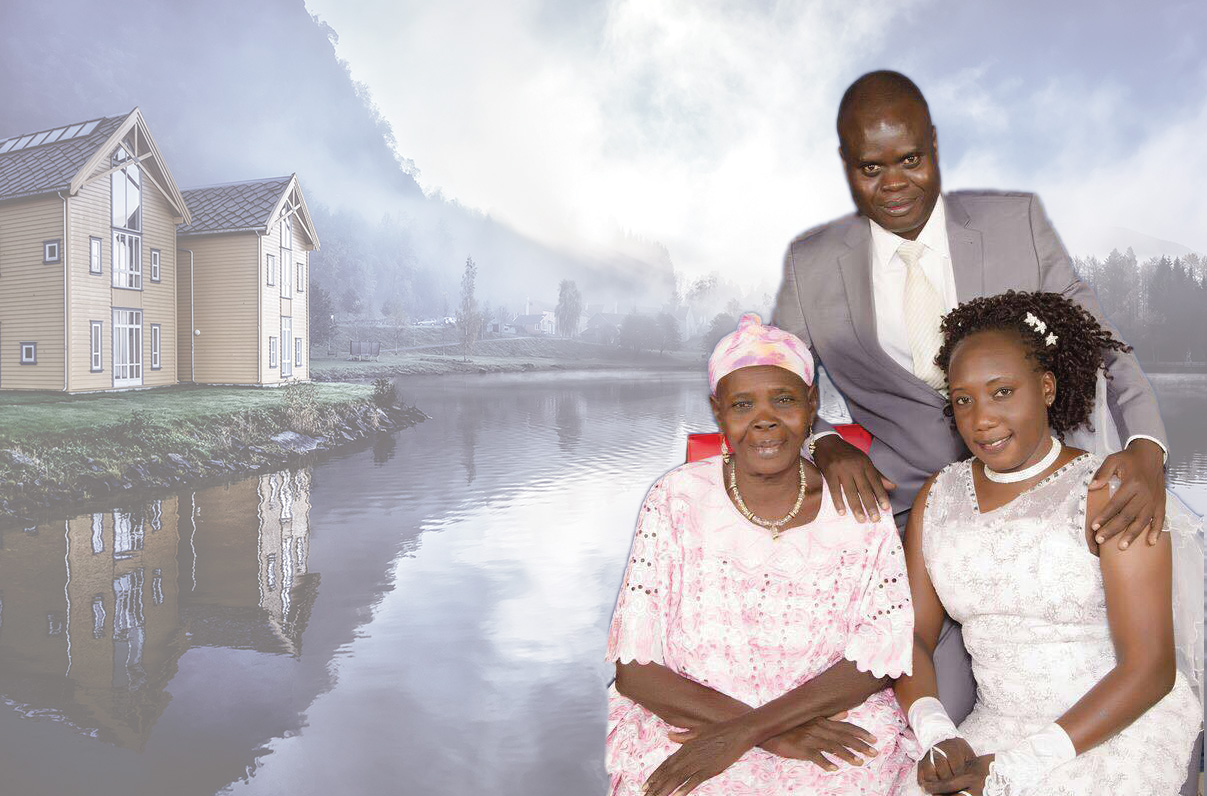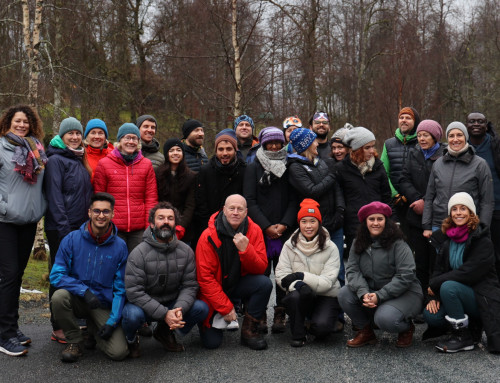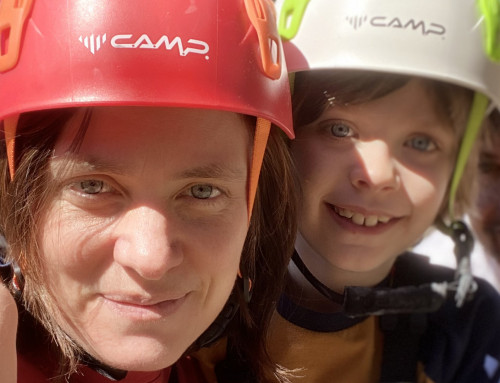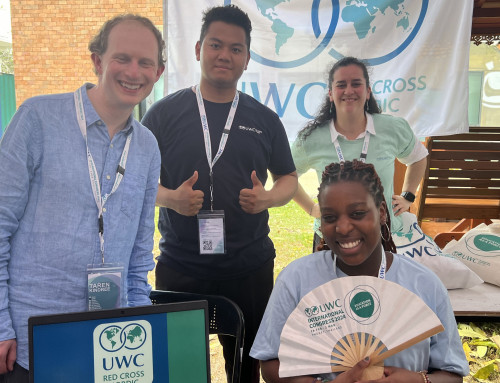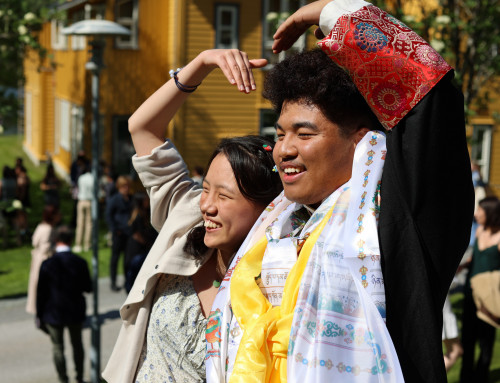As a young boy, I soon had to get used to fleeing from the violence of civil war. For two years, we roomed the jungles. During the day, bombs rained on us, and at nights we were constantly on the move. I made it to Kaya, a small border-town with Uganda, leaving my siblings and some family members behind. Evenings and mornings were filled with burial activities. Children, men, women and the elderly all died in numbers. At this stage, I accepted that one day it would be me. However, somehow I made it across the border into Uganda.
Having reached relative safety from immediate threats, a main challenge now was being to afford an annual fee of $2 for primary education. I then was accepted at a secondary school in the largest town in northern Uganda. My school fees were covered by UNCHER, but I had to overcome the transporting to and from school myself. I was so happy with two meals of beans, lunch and dinner for the four straight years. Doing well in the class, I was notified by the UNHCR education program to keep working hard. Two years later I was accepted at UWC Red Cross Nordic.
The first person to welcome me at Oslo airport was an alumna, who requested me to pick up my baggage at the conveyer belt. She was puzzled by my reply that all I had was this small hand bag. Arriving in Flekke, students and teachers were welcoming and full of life. Social life was so exciting that it almost made me forget where I came from. Studies were challenging, but manageable. During my second year, some of the questions I had about politics made it harder to focus on academics. My knowledge about the world grew so much, but my understanding of reality was still insufficient. My house mentor was helpful in walking me through life, encouraging me to let go of my past. I was silently praying to get my feet into any college and finally, I received an offer to College of the Atlantic in Maine.
My College dreams were short-lived by the events surrounding the 9/11. Getting to the USA was near impossible for a refugee student with Geneva Convention Travel Document as passport. But I did not give up and after 111 days received my entry visa to the US. Although interesting, life there was not all milk and honey. In 2009 I graduated with a master degree in urban and regional planning, then moving from California to Maryland and Boston, before moving back to South Sudan.
My return to home in South Sudan, was the best choice for me, but at a high cost too. I got to experience first-hand independence of the world’s youngest nation and took part in the forefront of nation building. Due to tribal discrimination, I failed to get a job with UN-Habitat. But I continued to search and after seven months got a lower level job, where I was equally paid with certificate holders. It was still in one of my areas of expertise, land reform programs. It was for the South Sudan Land Commission, sponsored by the Canadian Government, implemented by UN-Habitat. After nine months without receiving any payment I left the job and started my own practice for architectural and urban planning – where my services were taken for free by respectful government officials. In order to survive, I shut down the practice and joined Tetra Tech ARD to implement a USAID land reform program. I became responsible for this in my home state of Western Equatoria and delivered the first successful land reform of its kind in the nation. The US ambassador, Susan D. Peige, and the USAID Country Director, for the first time travelled outside the capital Juba to attend the inauguration of my land reform project. A well-established country land authority; I personally designed and built the simple structure and trained the staff.
On December 15 2013, we were back into another civil war. I returned to Juba, working for the City Council for 6 months, without receiving payment. But I liked my work, leading the team on installation of the first solar powered traffic signal/lights in the country. I dedicated much time with work on awareness campaigns with the City Mayor on national TV and radio, educating the nation on the use of traffic signals. Something so little could have much impact, not only on saving lives and protecting property, but also putting smiles on faces. Given a level of illiteracy at 87%, the army used to think that the red traffic lights were meant for them since their vehicle plate numbers are coloured red. The yellow lights were also misinterpreted to be meant for government officials since their vehicles have yellow plates. Green were for the commercial vehicles, leaving no rights for private cars on the road. Those misinterpretations soon died after our campaign, even though I was often challenged by officials who did not like the effects of it.
My second project was installation of street signs to help emergency response operations. I continued to support the Ministry of Roads and Bridges in collaboration with NTU/AS from Denmark, who were developing a nationwide human resource development program for the transport sector. This again was interrupted by the July 2016 outbreak of war in Juba, when I lost my house in a bomb shell. At this stage I had also began to lecture for the University of Juba on architecture and urban planning. I was made Head of the Department and later Acting Director to upscale the Department of Architecture to a new School of Architecture and Urban Planning. The new school hosts three departments: Architecture, Urban Planning and Land Administration. My university joined Eastern Africa Land Administration Network (EALAN), a consortium of 12 universities in eight East and Central African countries, where I was later elected Executive Secretary for the regional network. We are supported financially by the NUFFIC Funded program of the Dutch embassy in Kegali, Rwanda.
Despite all the blessings and the progress I have made, there is no shortage of difficulties. Inflation has hit us hard. In just 3 months, the value of a civil servant’s salary dropped from $5,000 to $60 a month. Despite these hardships I continue to embrace the little gifts life bestows on me and truly value living and working in my country – making my contributions to building it up. For me, nation building has many fronts, from providing equitable land access to influencing curricula and education programs. My work in land reforms is now extended to include the East and Central African region. And I do serve as chair of UWC Sudan, with the aim that this will also be a contribution to build my country.

